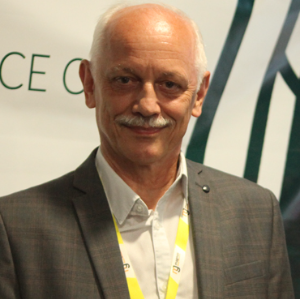Title : Stress factors influencing androgenesis of rye
Abstract:
The achievements of many laboratories over the last 50 years have led to the practical use of doubled haploid (DH) system in plant breeding. Today, all strategies for hybrid varieties of cereals involve the use of DH at various stages of the breeding process. DH allow the use of homozygous lines in basic research as well. Offspring of such lines does not segregate in subsequent generations. The progress observed in plant breeding, which is made thanks to homozygous lines, leads to the conclusion that in vitro induced androgenesis is currently the most efficient biotechnology method used in breeding practice.
The basic advantage of androgenesis is that homozygous lines can be obtained in a short time. After many years of attempts, DH regeneration of rye, oats and wheat is still a challenge for researchers. Despite many efforts to develop an effective method of producing doubled haploid cereals, many problems remain unresolved. One of them is that the genotype remains the main factor that determines the effectiveness of androgenesis in in vitro cultures. Finding of such androgenic genotypes and selection of the applied stress changing the path of microspores development, led to DH regeneration of rye with very high efficiency. In presented experiments, the influence of various stresses on the microspore viability was studied. Many different stress combinations were used to induce androgenesis. The experiments were carried out on microspores and anthers of several winter rye breeding lines. The results showed a correlation between the genotype and stress used, and the level of induction of androgenesis and microspore mortality at an early stage of the culture. The survival rate of microspores was highest after pre-cooling of spikes at 4 ° C for two weeks, and further pre-culture of the anthers in a mannitol solution at 4 ° C for seven days. Pre-cooling of spikes for three weeks was equally effective. We postulate the possibility of accumulating the ability to efficiently induce androgenesis in subsequent generations of regenerants.



